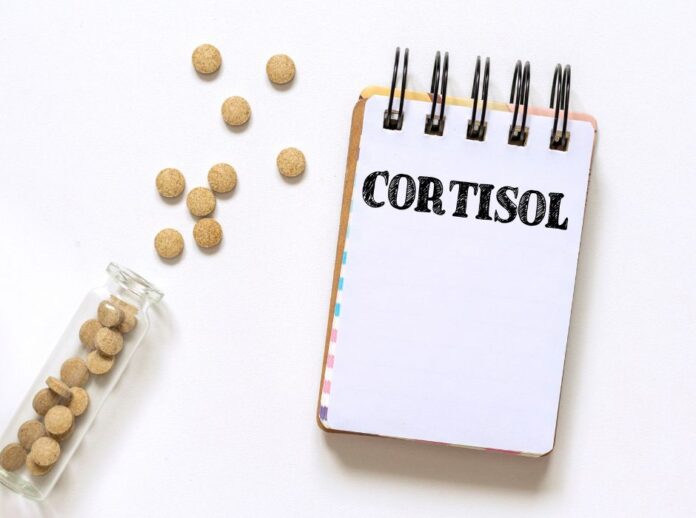In the fast-paced world we live in, stress has become a common part of daily life for many women. And while a little stress here and there is normal, chronic stress can wreak havoc on our bodies, particularly when it comes to cortisol – often referred to as the “stress hormone.” In this article, we’ll delve into what cortisol is, how it affects women’s health, the link between cortisol and weight loss, and practical solutions for managing cortisol levels to support overall well-being.

Understanding Cortisol: Cortisol is a hormone produced by the adrenal glands in response to stress. Its primary function is to help the body cope with stress by regulating metabolism, immune function, and energy levels. While cortisol serves an essential role in the body’s stress response, chronically elevated levels can lead to a range of health issues, including weight gain, fatigue, anxiety, and hormonal imbalances.
Impact on Women’s Health: Women are particularly susceptible to the effects of cortisol due to hormonal fluctuations throughout the menstrual cycle, pregnancy, and menopause. High levels of cortisol can disrupt the menstrual cycle, leading to irregular periods, infertility, and exacerbating symptoms of PMS and menopause. Additionally, cortisol imbalances have been linked to conditions such as polycystic ovary syndrome (PCOS) and adrenal fatigue in women.
Cortisol and Weight Loss: One of the most significant impacts of cortisol on women’s health is its role in weight gain and difficulty losing weight, especially around the abdomen. Chronic stress and elevated cortisol levels can lead to increased appetite, cravings for sugary and fatty foods, and the accumulation of visceral fat – the type of fat that surrounds organs and contributes to metabolic syndrome and other health problems. Studies have shown that higher cortisol levels are associated with greater abdominal obesity and resistance to weight loss efforts (1).
Managing Cortisol Levels: Fortunately, there are steps you can take to manage cortisol levels and mitigate its negative effects on health and weight loss:
-
Practice Stress Reduction Techniques: Incorporate stress-reducing activities into your daily routine, such as yoga, meditation, deep breathing exercises, or spending time in nature. These activities can help lower cortisol levels and promote relaxation.
-
Prioritize Sleep: Aim for 7-9 hours of quality sleep per night to support healthy cortisol rhythms and overall well-being. Create a calming bedtime routine and avoid screens and stimulating activities before bed.
-
Exercise Regularly: Engage in regular physical activity, such as walking, jogging, or strength training, to help reduce stress and regulate cortisol levels. Aim for a mix of cardio and strength training exercises for optimal results.
-
Eat a Balanced Diet: Fuel your body with nutrient-dense foods that support adrenal health and hormone balance. Focus on whole foods, including fruits, vegetables, lean proteins, healthy fats, and complex carbohydrates, and limit processed and sugary foods that can spike cortisol levels.
-
Seek Support: Don’t hesitate to reach out for support from friends, family, or a healthcare professional if you’re feeling overwhelmed by stress or struggling to manage cortisol levels on your own.
In conclusion, cortisol plays a significant role in women’s health and can impact weight loss efforts when levels are chronically elevated. By prioritizing stress management techniques, adequate sleep, regular exercise, a balanced diet, and seeking support when needed, you can help keep cortisol levels in check and support overall health and well-being.
Reference:
- Epel, E., et al. (2000). Stress and body shape: Stress-induced cortisol secretion is consistently greater among women with central fat. Psychosomatic Medicine, 62(5), 623-632.

